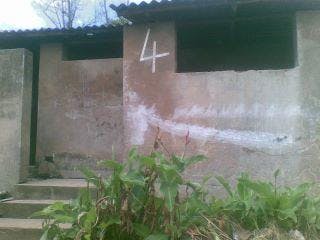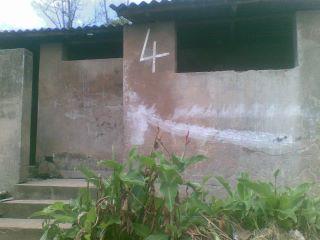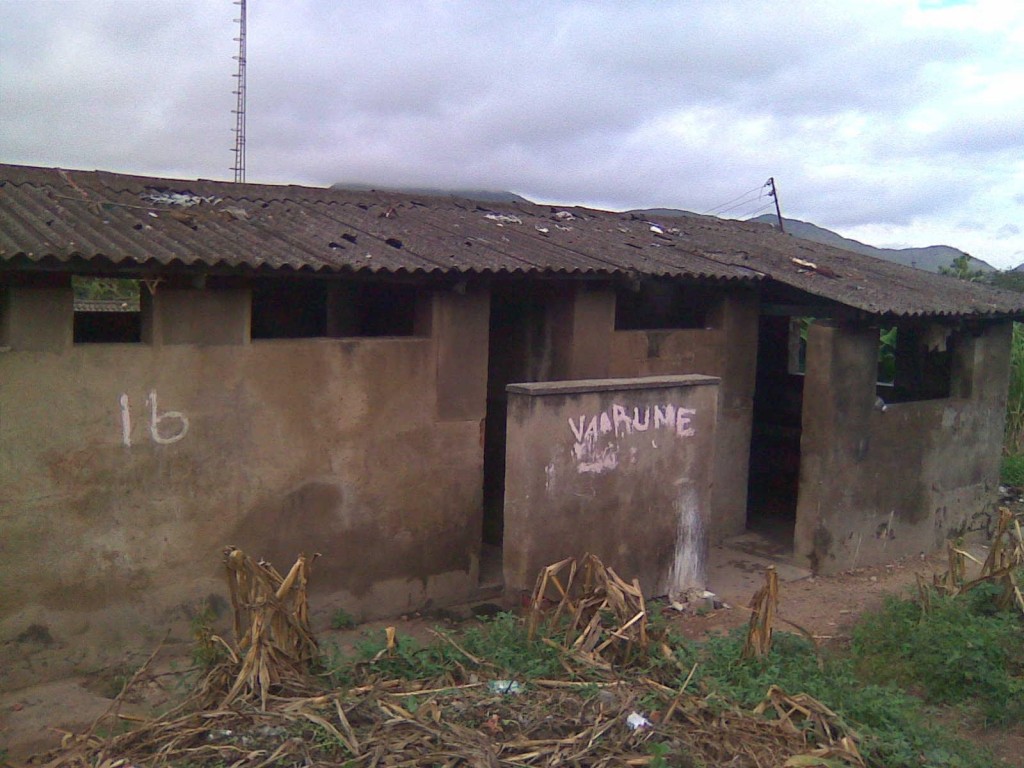Sakubva the Eternal maiden
Apr 28, 2022
Story



This is a very interesting poem written about Sakubva our township by one of our members.When you read through the poem you will see how Sakubva has struggled and is still struggling just like most women we know.Happy reading.
''There are places I remember,
all my life, though some have changed,
some forever not for better
some are gone and some remain
all these places had their meaning
with lovers and friends, I still recall
some are dead and some their living
in my life, I've loved them all...''
The above lyrics of an old, Rod Stewart song,'' In my life'', bear an underlying melancholy, nostalgia perhaps for a faraway yesterday. For a place in time forever gone, a place from memory, that haunts your present, and overarchs into all your tommorows.
Sakubva is such a place. A place of memories, ideals that are a stark contrast to the apparent structural decreptitude. You do not arrive in Sakubva, you can not know her by looking at her. If you are a visitor you discover her, natives remember her.
Though she is a full twelve years shy of a century, Sakubva looks ancient, the houses in Murapa,in the old township, the non descript structures in Chitungo, Chineta and Mazhambe, with arched roofs much akin to a camel. That beast of burden. Perhaps a sign of the multitude of secrets that burden her conscience, the concealed bootleg, kachasu, that illicit brew that spiced up many a labourer's friday, and bruised many a wife's face, soul and more. The whispered affections and furtive passion of love's embrace, eager to bloom but wary of the town police, bursting into the room for ''inspection''.
Sakubva is a maiden. An aged siren, prima donna from a yesteryear opera, who refuses to bow out. The white washed walls of Muchena, the red bricks of Maonde,Chisamba and Old Dangare, resemble hastlily slapped on make up in anticipation of an anchor call that may never be.
Sakubva is a mother. Though in her modesty, she never says it. Her paps have suckled doctors and professors. In Doctor Samuel Parirenyatwa, she broke the matrix jettisoning blackness into the medical profession. Professor Rukudzo Murapa, Vice Chancellor of Africa University, that venerable seat of learning, trod her dusty streets, His father has a road, a surburb and a shopping centre named after him. The Muzorewas, The Makonis and The Tsvangirais have all found solace in her lavish bossom. Her offspring is scattered across the globe. What city, what nation is too farflung from her tantacle-like arms, she has scattered abroad.
Sakubva is surrounded on all sides. The Mutare city centre to the east, clearly visible, promiscous in her commerce. Within walking distance, yet by her unashamed wordliness far removed from the aesthetic subtlety that is Sakubva's charm. To the west, a ridge of mountains rise abrubtly as if in firm rebuttal of the pretensi.ousness that is Dangamvura. To the north, Sakubva river meanders westwards, inviting the suburb to dip and be cleansed, chastised of her guilt, real and surmised. And to the south Chimanimani road snakes stealthly from the east, past Moffat Hall where in waltz copied from the white men's verranda at Cecils Hotel, many a romance bloomed, past Musika weHuku, the chicken market where no chicken has dared intrude in recent memory , suddenly veering southward at the western mountain ridge, like a lover scorned. Perhaps angry at the inhabitants of Sakubva for spurning his overtures. Promises of escape, escape to the south, to faraway lands, Johanesburg, the ocean, freedom...
Though she looks hemmed in, Sakubva is free, there is freedom,liberty to dream, to be. She assumes nothing, expects nothing yet offers everybody, something. From Osibisa to Mkoma Zebbee and company strumming their guitars in a Hendrix cover in Beit Hall, that monumental emblem, to saturday afternoon football at the sports oval. The hyminals from Hilltop to the churning churchbells at St Josephs. Tales of ghosts behind the rows of shelves in the Library, to the myth of the mermaids in the quarry pools behind John Fisher's. The blarring music in the council pub juke box to the stolen sundowners at Sisi Emily's in Chisamba singles. Children's froliced hails drowned by the plane flying overhead from Perems' aerodromme, to the car reversing from the postulated progress that is New Dangare. Sakubva offers everyone something, yet she herself demands nothing, needs nothing.
Nothing but to see her children dance once more. At Beit hall, glistening in a new coat of paint, a sign of renewal. To have them feast on knowledge at Zamba primary school, explore the minds of ancient sages within the isles of Sakubva library. Try a racquet at the tennis court, or exercise in the adjacent gym. She longs for old women secure in well lit and paved Musa road. She will not say it, but her sighs in the dead of night, her groans at a rembered delight, betray a longing to embrace her children, scattered in the dispersion.
Oh hear your mother calls! The eternal maiden beckons, ''Come.'' she whispers, never shouting, as a mother hen, hear her coo. And whereever you are, remember home, Remember Sakubva and perhaps, just perhaps, her children may find their way back. To fulfill her joy, as they tell their tales of far away lands, were fountains sprout and marching bands play. Her aged eyes will light up, her dry lips part as a smile lights up her sullen countanence. What joy to see her children gathered all around her.She will remember the chicken runs at the old Musika weHuku, long bereft of chickens, as she watches her children finally back, like chicks come home, to roost.




